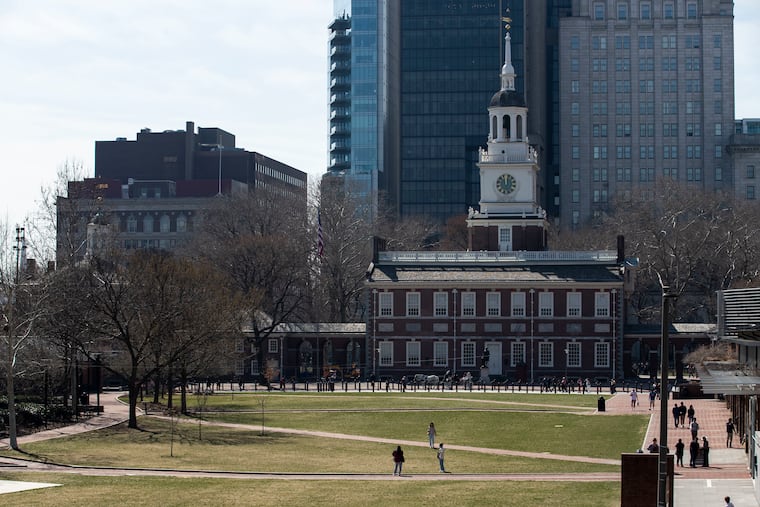Want to restore civics education? Let’s start as we prepare for America’s 250th birthday.
The nation's semiquincentennial in 2026 is a once-in-a-lifetime chance to prepare the next generation to participate in our democracy.

In today’s deeply divided America, civics education in our public schools has been a flashpoint for controversy and an example to many of how we’re failing to properly prepare the next generation to participate in our democracy.
While there are understandable concerns around what we’re teaching students about our national history, and our government, perhaps our best chance at shifting civics education in a positive direction is already at hand: the nation’s 250th birthday — more formally known as the semiquincentennial, and most simply called “America250.”
On July 4, 2026, it will be 250 years from the moment — on that same date in 1776 — when our nation’s founders signed the Declaration of Independence. And we know that America250 must consider our entire history — not just our founding, not just what occurred in the 13 colonies — to encourage the broadest participation possible. We want every American and every friend of our nation to be a part of this commemoration.
» READ MORE: Flunking social studies is how America got the Big Lie and QAnon. Don’t make it worse. | Will Bunch
We believe that this anniversary is not just a moment to commemorate our founding, but also an opportunity to bring the nation together and continue our long-standing work of forming a more perfect union. These are lofty goals and, of course, there are a number of hurdles to overcome in making this vision a reality.
With that in mind, we are working with the U.S. Department of Education and the National Council for the Social Studies to identify how we can use this national milestone to invest in social studies education and reinforce the importance of civics education in classrooms around the country.
From the one-room schoolhouses of 250 years ago to the nearly 100,000 public schools in the United States today, how we tell the story of our nation has been constantly evolving. And there are great models out there today such as the Rendell Center for Civics and Civic Education and the Sandra Day O’Connor Institute where civics education remains a priority for all generations.
The bulk of that work — creating new, innovative teaching strategies; identifying which stories we tell in the limited time we have; and inspiring the next generation of historians, anthropologists, ambassadors, and educators — is done in social studies and civics classrooms, by social studies and civics teachers. Year after year, they lay the foundation of our national history in the minds of students across the country.
And as we approach the 250th, a once-in-a-generation moment in which everyone in our country — not just our youth — revisits our founding and our national legacy, the social studies and civics community will in many ways take center stage. A focus on civics can strengthen our democracy for generations to come.
Even more broadly, we know that the semiquincentennial presents an opportunity to rekindle a respect for our nation’s history among Americans of all ages. This can be done through public events, exhibits, and educational programs that are designed to teach people about the country’s past and its founding principles.
By making social studies and civics education accessible and engaging to a wider audience, America250 can help bridge the political divide and help ensure that it remains a cornerstone of the American education system. Please visit America250.org to join us on this journey to 2026 — and take advantage of this moment to unify Americans around our shared history and our collective future.
Rosie Rios serves as chair for the United States Semiquincentennial Commission, the congressional commission charged with leading the commemoration of the 250th anniversary of the founding of our country, as represented by the signing of the Declaration of Independence on July 4, 1776. From 2009 to 2016, Rios served as the 43rd treasurer of the United States and was the longest-serving Senate-confirmed Treasury official in the Obama administration.